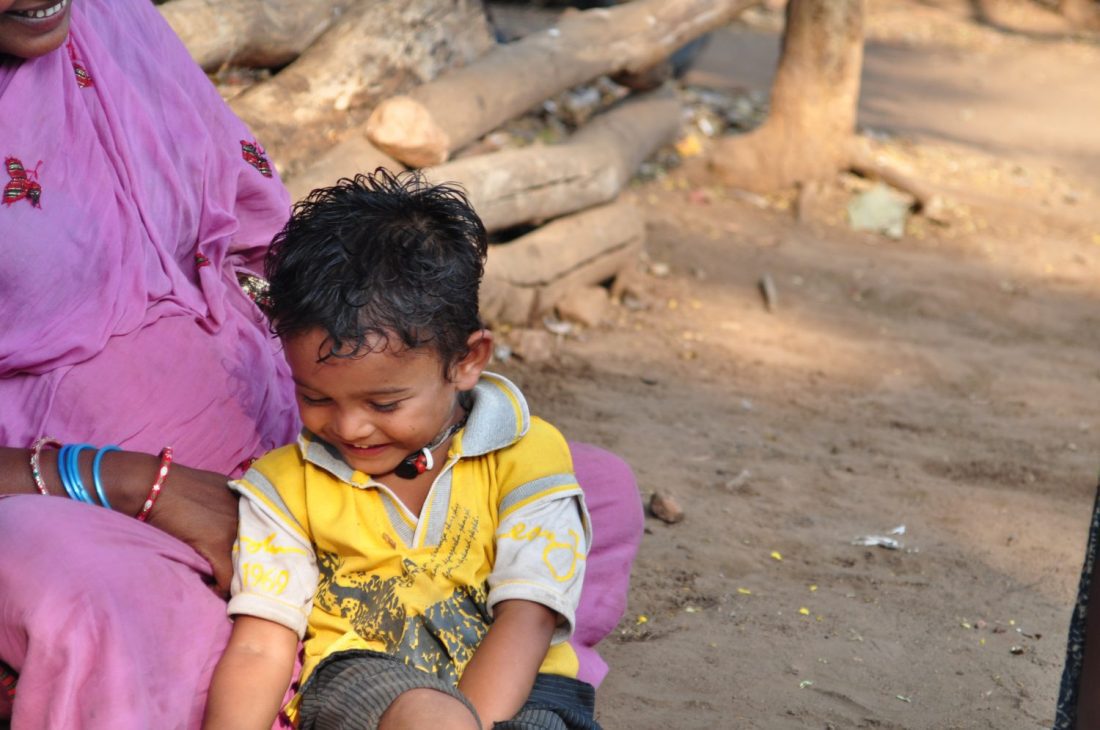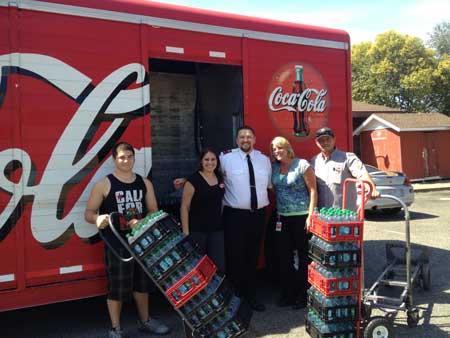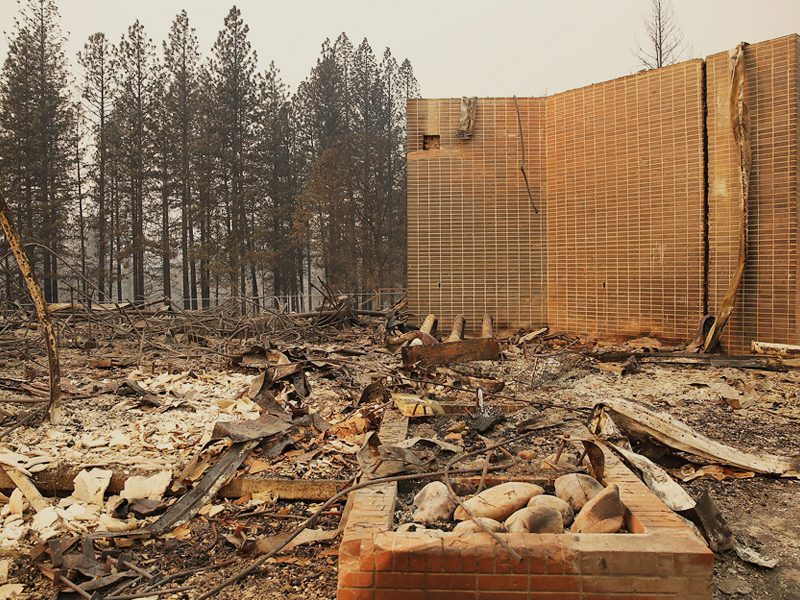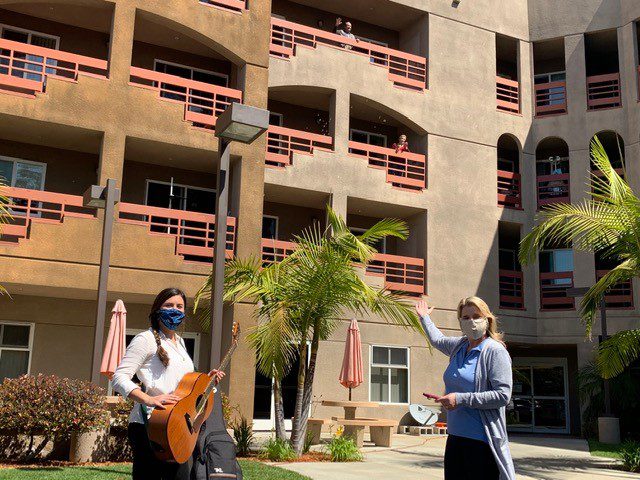Program has reached more than 5,800 women in India Northern Territory
There are around 488 self help groups in the India Northern Territory reaching more than 5,800 women.
“So if you are married why do you not wear nose rings and have a mark on your forehead?”
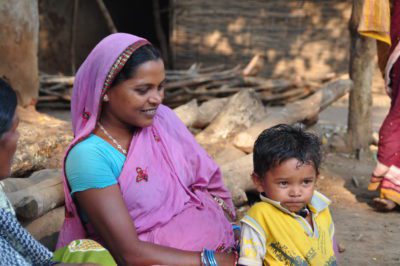 In some cultures it is particularly obvious when someone is not following the predominant religion and few are as obvious as the Hinduism of the tribal communities in Northern India. The field organizer for The Salvation Army’s Community Empowerment Program (CEP) was happy to tell them: “Well I am a Christian and we do not follow that practice.”
In some cultures it is particularly obvious when someone is not following the predominant religion and few are as obvious as the Hinduism of the tribal communities in Northern India. The field organizer for The Salvation Army’s Community Empowerment Program (CEP) was happy to tell them: “Well I am a Christian and we do not follow that practice.”
This answer caused a stir and another woman of the Self Help Group (SHG) ventured the next question: “So what is a Christian? Please tell us.” The field organizer was able to talk to them about what she believed. As she sat under the large tree in the middle of the ramshackle collection of grass huts, she observed women’s faces as they listened to the stories and wondered what impact they were having.
The group’s interest increased and her message of hope began to sink in. One day a child of a SHG member became sick and no one in the village would donate blood for a blood transfusion so the field organizer did. After the transfusion and constant prayer, the child made a miraculous recovery and the group understood God’s love for them in a deeper way.
So how did our field organizer, a soldier in the corps, go from being an outsider and a member of an unknown religion, to a person women trusted enough to listen to and admire? Enter Major Kanak. As far back as 2003 the Major was working with small groups of women to give them the tools to make a difference in their relationships with their social, physical and spiritual environments. Leadership skills, income generating possibilities, access to micro-loans and government assistance, savings techniques, health awareness training and strategies to deal with the complex calendar of Hindu festivals were all part of the package and it was not difficult to convince women of the benefits.
As they began to increase influence in their families, their neighbors began to notice and consequently more groups were formed. The India Northern Territory, seeing the advantages of this way of working, launched the CEP and today there are around 488 groups in the territory reaching more than 5,800 women. The project allows them to formalize the role of champions, like Major Kanak, and employ and train field organizers (often soldiers) to help facilitate the groups.
It was not long before the stories started coming in. Mrs. Naik was married to a drunkard who spent half his wages from his poorly paid laborers’ job on his habit. “We took a loan from Bank of Baroda and first I purchased two goats… I took care of them, and the goats multiplied. Now I have 15 goats by this loan.” Since joining the SHG her life totally turned around and her husband stopped drinking.
The success of this story goes much deeper than the economic provision. Dr. Isaac Masih, the territorial coordinator for the CEP in India Northern since 2004, describes the impoverished situation as follows:
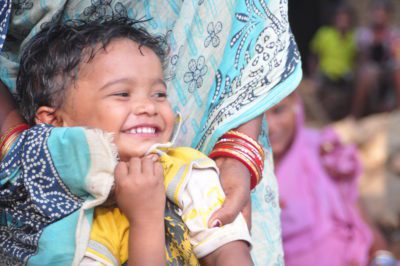 “The women are dominated by men and have no respect in society… They are treated as a second class citizen and are not independent to make economic, social and political decisions. Women are poor because the cash is held by the men… Due to the low income of the husband, women and children cannot have healthy food and suffer from anaemia, malnutrition and many other diseases. Most of the women are uneducated due to lack of schooling and money.”
“The women are dominated by men and have no respect in society… They are treated as a second class citizen and are not independent to make economic, social and political decisions. Women are poor because the cash is held by the men… Due to the low income of the husband, women and children cannot have healthy food and suffer from anaemia, malnutrition and many other diseases. Most of the women are uneducated due to lack of schooling and money.”
Mrs. Naik’s story shows huge success in breaking the strongholds that culture and poverty held over her family and restored relationships with the environments around her.
The India Northern Territory is equipping its field organizers, officers and soldiers for ministry by sending them out, not with a solution or handout, but with the skills to build trust and relationships that enable the most desperate to find a way.
It is not just in India where there are women who feel confronted with overwhelming helplessness and despair in the face of their situations. Around the world The Salvation Army is finding new and innovative ways of reaching out to women while pointing its right index finger to Jesus, recognizing that he is the only one who can heal them and their communities of poverty and bring life in all its fullness.
[button color=”black” size=”normal” alignment=”none” rel=”follow” openin=”newwindow” url=”flickr.com/photos/saipds”] View photos of Salvation Army international projects and development services here.[/button]










